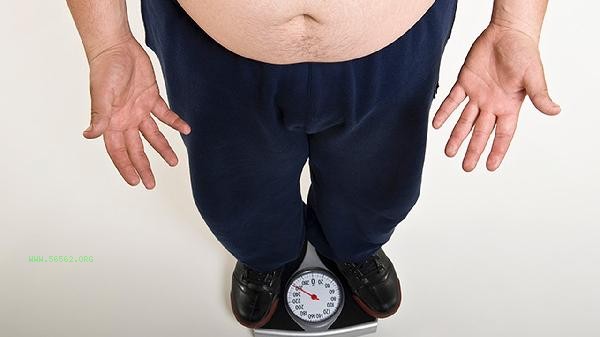Orlistat weight loss may cause side effects such as gastrointestinal discomfort and lipid soluble vitamin deficiency, but most symptoms are mild. This drug mainly works by inhibiting fat absorption. Common adverse reactions include oily spots, increased frequency of bowel movements, fecal incontinence, and a few may cause allergic reactions or liver dysfunction. During use, it is necessary to follow a low-fat diet and regularly monitor one's physical condition. As an over-the-counter weight loss medication, the side effects of orlistat are mainly related to the drug's mechanism of action. Due to the fact that drugs can block about one-third of dietary fat absorption, unabsorbed fat entering the intestine directly may stimulate the intestinal mucosa, leading to a sense of urgency during bowel movements or oily secretions. Some users may experience discomfort such as bloating and abdominal pain, which usually gradually subsides with prolonged medication. Long term use may affect the absorption of fat soluble vitamins, and it is recommended to supplement vitamin D and vitamin K appropriately. During medication, it is necessary to avoid a high-fat diet, otherwise it may worsen digestive symptoms. In rare cases, orlistat may cause serious adverse reactions. People with allergies may experience allergic symptoms such as rash and itching, which can lead to difficulty breathing in severe cases. Individual case reports indicate abnormal liver function after medication, manifested as jaundice, darkened urine color, etc. Patients with biliary tract disease or chronic malabsorption syndrome should use this drug with caution. Pregnant women, lactating women, and adolescents under 18 years old should not use it. If there are persistent abdominal pain, skin yellowing and other abnormal symptoms, the medication should be stopped immediately and medical attention sought.

During weight loss with Orlistat, a balanced diet should be maintained, with daily fat intake controlled within 30% of total calories, and binge eating should be avoided. Moderate aerobic exercise can improve weight loss effects, such as brisk walking, swimming, etc. 3-5 times a week. Regularly monitor weight and body fat changes. If the effect is not significant after 3 months of medication, consult and observe changes in bowel habits and skin condition. If there is persistent diarrhea or skin bruising, seek medical attention promptly. It is recommended to record diet and exercise during the weight loss process for doctors to evaluate and adjust treatment plans.











Comments (0)
Leave a Comment
No comments yet
Be the first to share your thoughts!